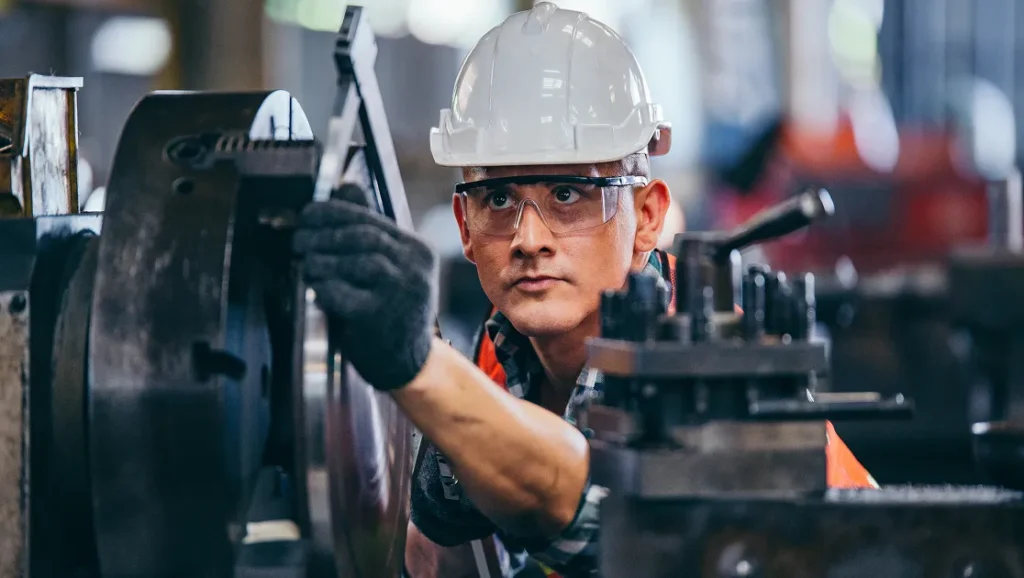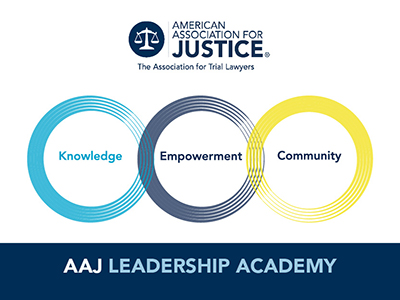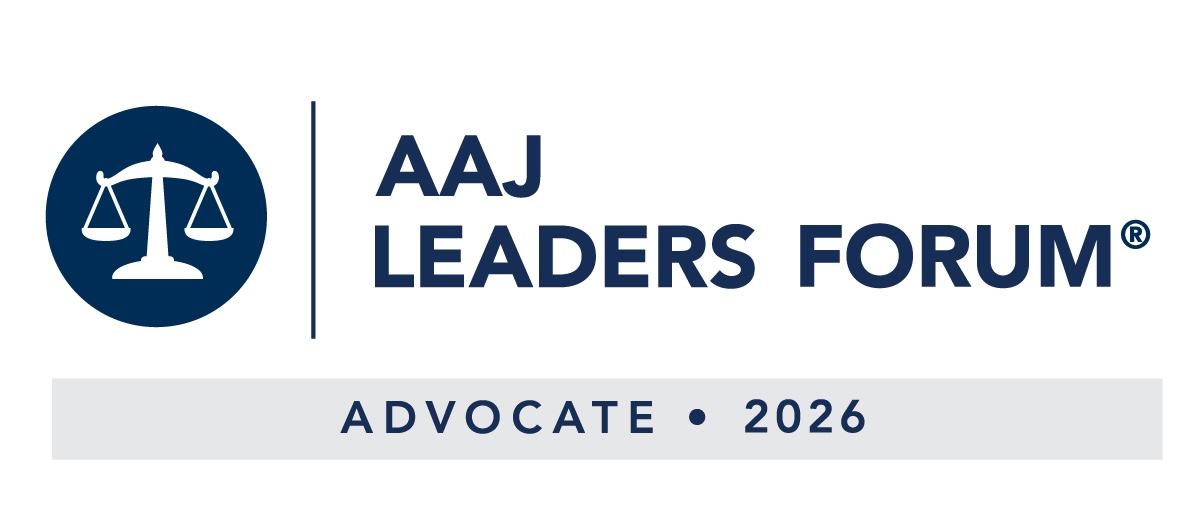At Breit Biniazan, we understand that workplace injuries can have devastating consequences for employees and their families. With millions of American workers injured on the job each year, it is crucial to have strong legal support to navigate the complexities of these cases. Our experienced attorneys are committed to helping those affected by defective machinery receive the compensation they deserve.
Workplace injuries are a significant concern across various industries, with construction, agriculture, maritime, and manufacturing being particularly affected. According to the Bureau of Labor Statistics, in 2020 alone, there were over 2.7 million non-fatal workplace injuries and illnesses reported in the private sector. Many of these injuries result from defective or dangerous equipment, highlighting the need for stringent safety measures and legal accountability.
Types of Defective Machinery
Defective machinery can manifest in various forms, each posing significant risks to workers. Common types of defective machinery involved in workplace accidents include:
- Forklifts
- Cranes
- Saw guards
- Power tools
- Circular saws
- Bulldozers
- Backhoes
- Graders
- Excavators
- Wheel loaders
These machines, when defective, can lead to severe injuries and fatalities, emphasizing the importance of proper design, manufacturing, and marketing.
Common Workplace Injuries Related to Defective Machinery
Accidents involving defective machinery often result in catastrophic injuries. These injuries can affect workers physically, mentally, emotionally, and financially. Common injuries include:
- Amputation of limbs: Leading to lifelong disability and emotional trauma.
- Severe burns and disfigurement: Resulting in significant pain, suffering, and medical expenses.
- Broken bones: Causing extended recovery periods and potential loss of income.
- Serious lacerations and scarring: Leading to physical disfigurement and emotional distress.
- Neck and spinal cord injuries: Potentially resulting in partial or complete paralysis.
- Head and brain injuries, including TBI: Leading to cognitive impairments and long-term medical care.
- Loss of hearing/vision: Affecting the ability to work and quality of life.
- Torn ligaments and other internal injuries: Requiring extensive medical treatment and rehabilitation.
Legal Responsibilities of Employers
Employers have a legal obligation to provide a safe working environment for their employees. This includes ensuring that all machinery and equipment are safe to use and free from defects. Key laws governing workplace safety include:
- Occupational Safety and Health Act (OSHA): Mandates that employers provide safe and healthful working conditions.
- Product Liability Laws: Hold manufacturers, distributors, and retailers accountable for defective products.
- Workers’ Compensation Laws: Provide benefits to employees injured on the job, regardless of fault.
Employers must adhere to these regulations to protect their workers and avoid legal repercussions.
Reporting a Workplace Injury
Reporting a workplace injury promptly and accurately is crucial for ensuring that employees receive the benefits and compensation they are entitled to. The process typically involves the following steps:
- Immediate Medical Attention: Seek medical treatment as soon as the injury occurs.
- Notify the Employer: Report the injury to your employer as soon as possible, preferably in writing.
- Document the Incident: Keep detailed records of the injury, including medical reports, witness statements, and any communications with your employer.
- File a Workers’ Compensation Claim: Submit a claim to your state’s workers’ compensation board within the required timeframe.
- Consult with an Attorney: Seek legal advice to ensure your rights are protected and to explore additional avenues for compensation.
Employees are entitled to medical benefits, wage replacement, and compensation for permanent disabilities under workers’ compensation laws.
Investigating the Cause of the Injury
Determining the cause of a workplace injury involving defective machinery is essential for holding the responsible parties accountable. At Breit Biniazan, our attorneys meticulously investigate each case to identify the defect and those liable for the injury. This process includes:
- Reviewing Maintenance Records: Examining the maintenance history of the machinery involved.
- Inspecting the Equipment: Conducting a thorough inspection to identify design, manufacturing, or marketing defects.
- Interviewing Witnesses: Gathering testimonies from coworkers, supervisors, and other witnesses.
- Consulting Experts: Working with industry experts to analyze the defect and its impact on the accident.
Our goal is to build a strong case to secure the maximum compensation for our clients.
Seeking Medical Treatment and Compensation
Injured workers must prioritize their health and seek appropriate medical treatment immediately. Compensation for medical expenses, lost wages, and other damages is crucial for their recovery and financial stability. At Breit Biniazan, we help clients navigate the complex claims process to ensure they receive:
- Medical Benefits: Coverage for all necessary medical treatments, surgeries, and rehabilitation.
- Wage Replacement: Compensation for lost income during recovery.
- Permanent Disability Benefits: Compensation for long-term or permanent disabilities.
- Pain and Suffering Damages: Additional compensation for physical pain and emotional distress.
Our attorneys work tirelessly to secure the compensation our clients deserve.
Preventing Future Incidents – Safety Measures
Preventing future incidents involving defective machinery requires a proactive approach to workplace safety. Employers should implement the following safety measures:
- Regular Equipment Inspections: Conduct routine inspections and maintenance of all machinery.
- Safety Guards and Features: Ensure all equipment has appropriate safety guards and features.
- Employee Training: Provide comprehensive training on the safe use of machinery.
- Hazard Communication: Clearly communicate potential hazards and safety procedures to employees.
- Incident Reporting Systems: Establish a system for reporting and addressing safety concerns.
Training Programs for Employees
Effective training programs are essential for preventing accidents and ensuring employees can operate machinery safely. Training should include:
- Safety Protocols: Detailed instructions on safety procedures and emergency protocols.
- Equipment Operation: Hands-on training for operating machinery correctly.
- Hazard Recognition: Educating employees on how to identify and respond to potential hazards.
- Personal Protective Equipment (PPE): Training on the proper use of PPE to minimize injury risks.
Collaboration with Occupational Health and Safety Authorities
Collaborating with occupational health and safety authorities can enhance workplace safety and compliance. Employers should:
- Engage with OSHA: Work with OSHA to ensure compliance with safety standards.
- Participate in Safety Programs: Join industry-specific safety programs and initiatives.
- Conduct Safety Audits: Regularly audit safety practices and implement improvements.
- Promote a Safety Culture: Foster a workplace culture that prioritizes safety and encourages employee participation.
Our experienced defective machinery attorneys at Breit Biniazan are dedicated to helping injured workers navigate the complexities of their cases, ensuring they receive the compensation and justice they deserve. Contact Breit Biniazan for comprehensive legal support and to safeguard your future.
FAQs
What should I do immediately after a workplace injury involving defective machinery?
Seek medical attention, report the injury to your employer, document the incident, and consult with a personal injury attorney to explore your legal options.
Who can be held liable for defective machinery injuries?
Potentially liable parties include the machinery manufacturer, distributor, retailer, and even the employer, depending on the circumstances of the defect and the injury.
What types of compensation am I entitled to after a workplace injury?
Injured workers may be entitled to medical benefits, wage replacement, permanent disability benefits, and compensation for pain and suffering.
How can Breit Biniazan help with my defective machinery injury case?
Our attorneys will investigate the cause of your injury, identify liable parties, and fight to secure the maximum compensation you deserve. We provide personalized legal support and representation throughout the process.

















